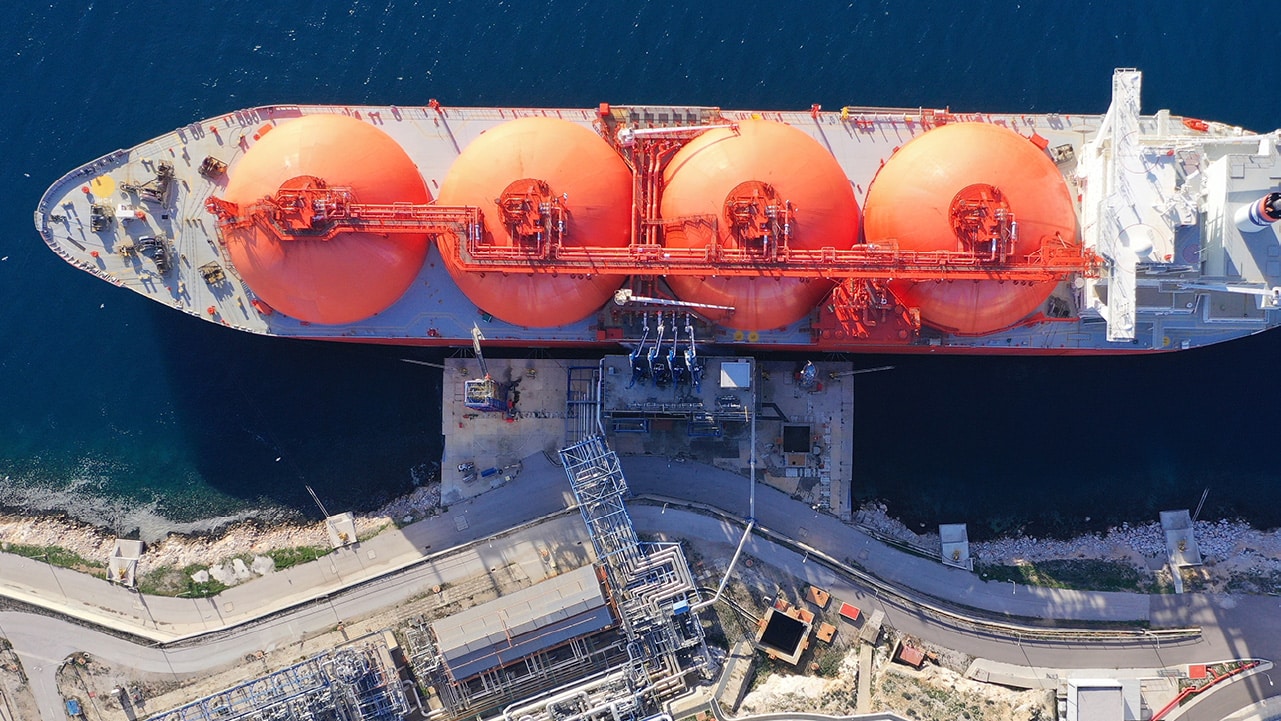ASTM B117 Salt Spray Testing of Tank Coating Systems
The ASTM B117 salt spray test is a standard practice widely recognized in the marine and ship equipment testing sector for evaluating the corrosion resistance of protective coatings. This method simulates atmospheric exposure by subjecting specimens to continuous salt mist, which closely mimics the corrosive environment found on ships and offshore structures.
The primary purpose of ASTM B117 is to determine the performance of a coating system in resisting corrosion under salt spray conditions. The test provides critical data for quality managers, compliance officers, R&D engineers, and procurement teams involved in specifying, manufacturing, and supplying tank coatings used in marine environments.
The standard apparatus consists of a chamber that maintains specific humidity levels (95 ± 3%) at 35°C ± 2°C. The salt solution typically contains sodium chloride (NaCl) with a concentration of 50 grams per liter, which is atomized and sprayed into the chamber. The test duration can vary based on the desired outcome, but it often ranges from 168 to 960 hours.
Specimens are prepared by cleaning them thoroughly and ensuring they are free from grease or dirt that could interfere with the test results. Once cleaned, specimens are placed in the chamber according to ASTM B117 specifications. The test runs continuously until a critical point is reached where rust first appears on the surface of the specimen.
The acceptance criteria for ASTM B117 salt spray testing involve visual inspection after reaching the specified duration. A coating passes if it remains free from rust formation throughout the entire test period. If rust appears, the time until its appearance is recorded as a measure of the coating's resistance to corrosion. This data can be crucial in selecting coatings that meet the required durability standards for marine applications.
| Parameter | Specification |
|---|---|
| Temperature | 35°C ± 2°C |
| Relative Humidity | 95% ± 3% |
| Salt Solution Concentration | 50 g/L NaCl |
| Test Duration | Varies (168 to 960 hours) |
Customer Impact and Satisfaction
The ASTM B117 salt spray test significantly impacts marine equipment manufacturers by ensuring that the coatings they apply to tank systems meet strict international standards for corrosion resistance. This testing process helps in reducing maintenance costs, extending product lifecycles, and enhancing overall reliability of marine structures.
Customers appreciate the detailed data and insights provided by this testing method. It allows them to make informed decisions about which coating products best suit their needs. Compliance officers can rely on these test results to ensure that they meet regulatory standards, thereby mitigating legal risks associated with product failure in harsh marine environments.
R&D engineers benefit from the comprehensive data provided by ASTM B117, enabling them to refine and improve existing coating formulations or develop new materials specifically designed for enhanced corrosion resistance. This testing method also aids procurement teams in selecting suppliers who consistently deliver high-quality coatings that pass rigorous standards like ASTM B117.
International Acceptance and Recognition
- The ASTM B117 test is internationally recognized by organizations such as the International Organization for Standardization (ISO) and European Committee for Standardization (CEN).
- This method is also referenced in several international standards including ISO 8507, EN ISO 8507, and IEC 60924.
- Many countries that regulate marine equipment safety and environmental impact have adopted ASTM B117 as a key component of their quality assurance programs for tank coatings.
The widespread acceptance of the ASTM B117 test ensures that manufacturers can produce consistent, reliable coatings that meet global standards. This uniformity is crucial in a sector where equipment must perform reliably across diverse geographical locations and environmental conditions.
Use Cases and Application Examples
The ASTM B117 salt spray test is particularly useful for marine and ship equipment testing, especially when it comes to evaluating the durability of coatings on cargo tanks and fuel storage systems. Here are some specific use cases:
- Testing new coating formulations before commercial release.
- Evaluating the effectiveness of anti-corrosion treatments applied during manufacturing processes.
- Monitoring the performance of coatings over time to assess their long-term reliability.
- Comparing different types of coatings under identical testing conditions to select the most effective one.
In practice, this test is often used by shipyards and marine equipment manufacturers who need to ensure that their products meet stringent international standards. By incorporating ASTM B117 into their quality control processes, these entities can demonstrate compliance with regulatory requirements and gain a competitive edge in the global market.





